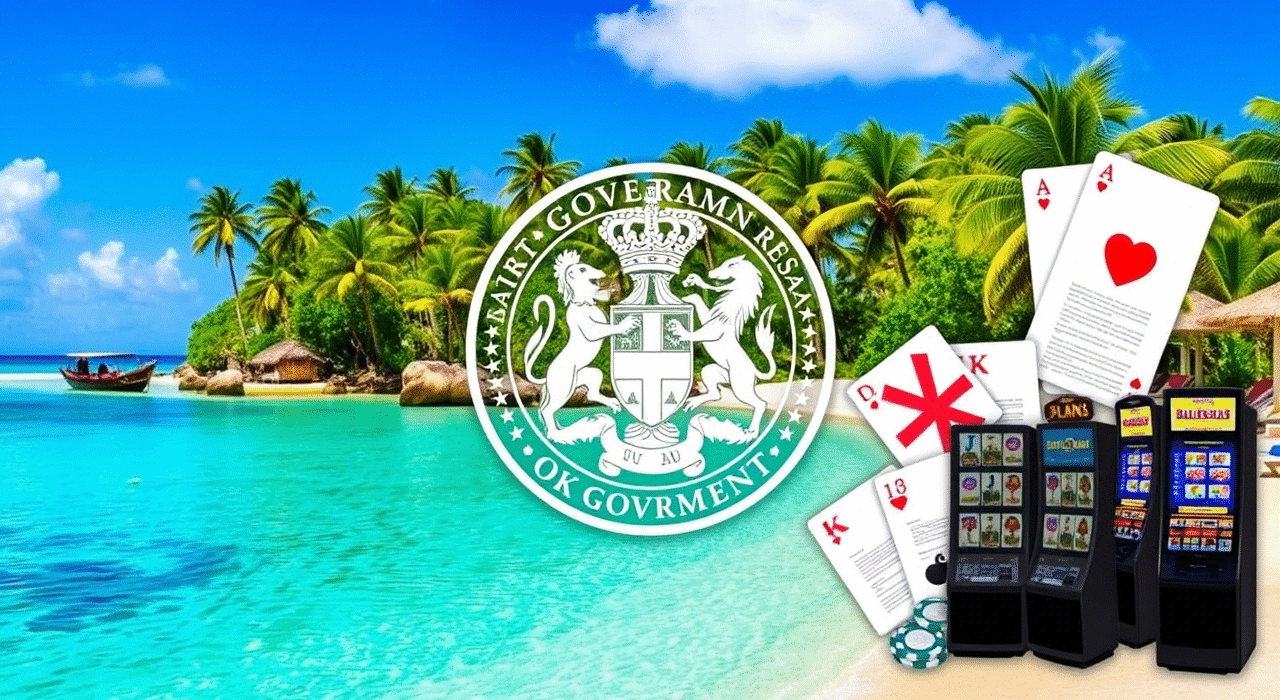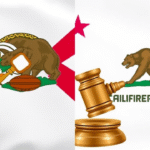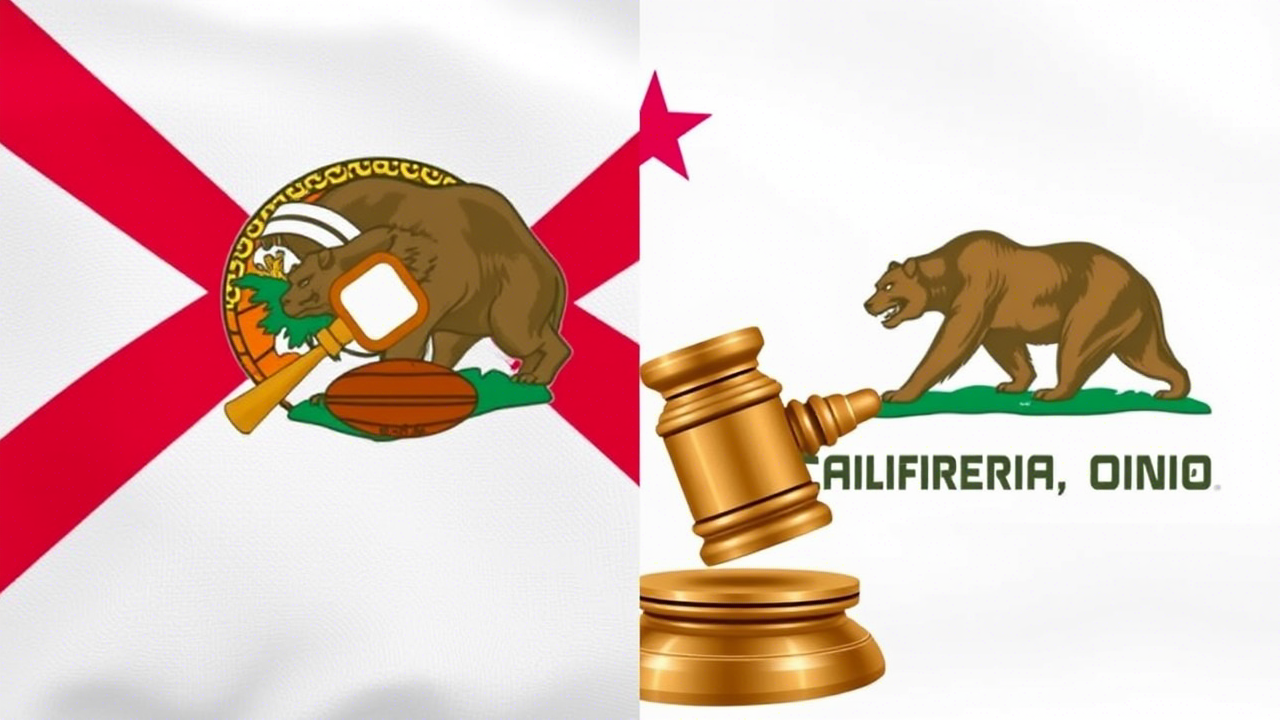🌴 Introduction: The End of Offshore Wild West?
For decades, Curaçao held a paradoxical role in the iGaming world—infamous for being fast, cheap, and lax on oversight, yet still managing to issue licenses to hundreds of gambling operators globally.
But 2025 marks the end of an era.
Under mounting international pressure from the EU, Financial Action Task Force (FATF), and major payment processors, Curaçao has undertaken a sweeping regulatory overhaul. The reforms aim to align its gambling framework with modern compliance standards, from AML (anti-money laundering) controls to player protection mandates.
So the question arises: Is Curaçao finally shedding its “rubber stamp” image and becoming a serious, competitive jurisdiction for online gambling?
Let’s break it down.
📜 What’s Actually Changing in 2025?
1. The National Ordinance on Games of Chance (LOK) Replaces the Master License Model
For years, Curaçao operated under an outdated 1993 law that granted four master licenses. These entities issued thousands of sub-licenses with minimal scrutiny.
Now, the government is phasing out this system in favor of direct licensing under the Gaming Control Board (GCB). The new ordinance, the LOK, makes every operator individually accountable.
Implication: No more hiding behind master licensees. Each operator must meet fit-and-proper standards and undergo full regulatory vetting.
2. Introduction of the Curaçao Gaming Authority (CGA)
The CGA is being formed as an independent, government-backed regulator—similar in structure to the Malta Gaming Authority (MGA) or UK Gambling Commission.
It will take over key functions:
- License issuance
- Audits and inspections
- Sanctions for non-compliance
- Dispute resolution with players
Implication: A move away from “self-policing” to institutional enforcement—an absolute first for Curaçao.
3. Stricter AML/KYC & Reporting Standards
Operators are now required to:
- Implement KYC checks before account activation
- Monitor transactions for suspicious activity
- Report to Curaçao’s FIU (Financial Intelligence Unit)
There are also data localization mandates, requiring secure server access within designated frameworks, making shadow operations harder to run.
Implication: Payments, affiliates, and tech vendors must now align with FATF-compliant controls—or lose their Curaçao connection.
4. Player Protection Comes Front and Center
In a major shift:
- Self-exclusion tools are now mandatory
- Advertising restrictions will limit targeting of vulnerable populations
- Responsible Gambling policies must be published and enforced
Operators must provide real-time loss tracking, access to session histories, and cooling-off options.
Implication: Curaçao is trying to shake off its “player-unfriendly” image. It’s no longer a haven for risk-maximizing operators.
5. Fee Structure & Timelines
New application fees range from €4,000 to €8,000, with annual costs of €12,000+ and enhanced due diligence charges depending on business size.
The process timeline has expanded from a few days (under sub-licenses) to 6–12 weeks with background checks, business plan reviews, and technical audits.
Implication: Higher costs and longer lead times may drive fly-by-night operators to exit—while raising the market’s credibility overall.
🏦 Why the Sudden Reform?
Curaçao’s changes didn’t come from nowhere. Several pressures converged:
🛑 Blacklist Threats
EU financial watchdogs and regulators, including the Netherlands’ Kansspelautoriteit (KSA), warned Curaçao about lax AML and consumer protection. Noncompliance risked being blacklisted—which could damage banking access, trade, and foreign investment.
💳 Payment Processor Backlash
Visa, Mastercard, and PayPal flagged Curaçao licensees for non-compliant onboarding and fraud. PSPs began withdrawing services, which created existential risks for many operators.
🤝 Dutch Political Influence
As a constituent country of the Kingdom of the Netherlands, Curaçao was under pressure to align with EU standards. Dutch financial support was made contingent on regulatory reform post-COVID.
💼 Global Competition
Jurisdictions like Malta, Isle of Man, and Gibraltar continued to attract big names, while Curaçao risked being limited to grey-market and crypto-native operators.
In short: Curaçao needed this overhaul for economic survival and reputational redemption.
🔍 What It Means for Current License Holders
As of Q2 2025:
- All existing sublicensees must reapply under the new GCB licensing system.
- Operators have a grace period until March 31, 2026 to transition.
- Non-compliance could result in IP blocks, payment bans, and brand takedowns.
Smart operators are:
- Auditing compliance gaps now
- Working with legal teams to map new requirements
- Repackaging their Curaçao presence to reflect legitimacy
Legacy license holders with grey-market portfolios may find it harder to justify reapplying unless they commit to transparency.
🗺️ Global Positioning: Where Does Curaçao Now Stand?
Here’s how Curaçao stacks up post-overhaul:
| Jurisdiction | Compliance Strictness | Speed to License | Tax Rate | Market Perception |
| UKGC | Very High | Slow | 21% GGR | Gold Standard |
| MGA (Malta) | High | Moderate | 5% GGR | Tier 1, EU-respected |
| Curaçao 2024 | Low | Fast | Low | Offshore, risky |
| Curaçao 2025 | Moderate → High | Moderate | TBD | Reforming, credible |
While it may never become as regulated as the UK or Germany, Curaçao is positioning itself closer to Malta—and that’s no small feat.
🧠 Industry Reaction: Skepticism Meets Hope
🎙️ Lena Ho, Head of Compliance, Cryptobet.io
“It’s about time. We’re ready to play by the rules—we just need the rules to be clear and stable.”
🎙️ James Wallis, iGaming Attorney
“This is a reputational reset. Curaçao’s challenge is enforcing standards, not just writing them.”
🎙️ Unlicensed Operator (anonymous)
“If this means more paperwork and tax with no real benefits, we’ll migrate elsewhere.”
The verdict? Mixed. Operators with long-term plans welcome clarity and credibility. Short-term profit-chasers may move to less restrictive havens like Costa Rica or crypto-only markets.
📈 Opportunity for the Right Operators
For serious operators, Curaçao’s overhaul represents new opportunity, not burden:
- Better access to payment providers
- Reduced brand risk
- Greater appeal to affiliates and white-label partners
- Easier expansion into regulated markets (once credibility is proven)
This could be Curaçao’s “Malta moment”—a chance to evolve from offshore afterthought to respected gateway jurisdiction for global expansion.
🧭 Final Thoughts: Serious or Surface-Level?
Curaçao’s 2025 reform effort is real, government-backed, and externally influenced. It’s not just lip service.
But the transformation will be measured not by laws written, but by:
- Licenses revoked
- Sanctions applied
- Disputes resolved fairly
- And how many top-tier brands adopt the new model
Until then, the jury is out—but for the first time in years, Curaçao is making headlines for the right reasons.











